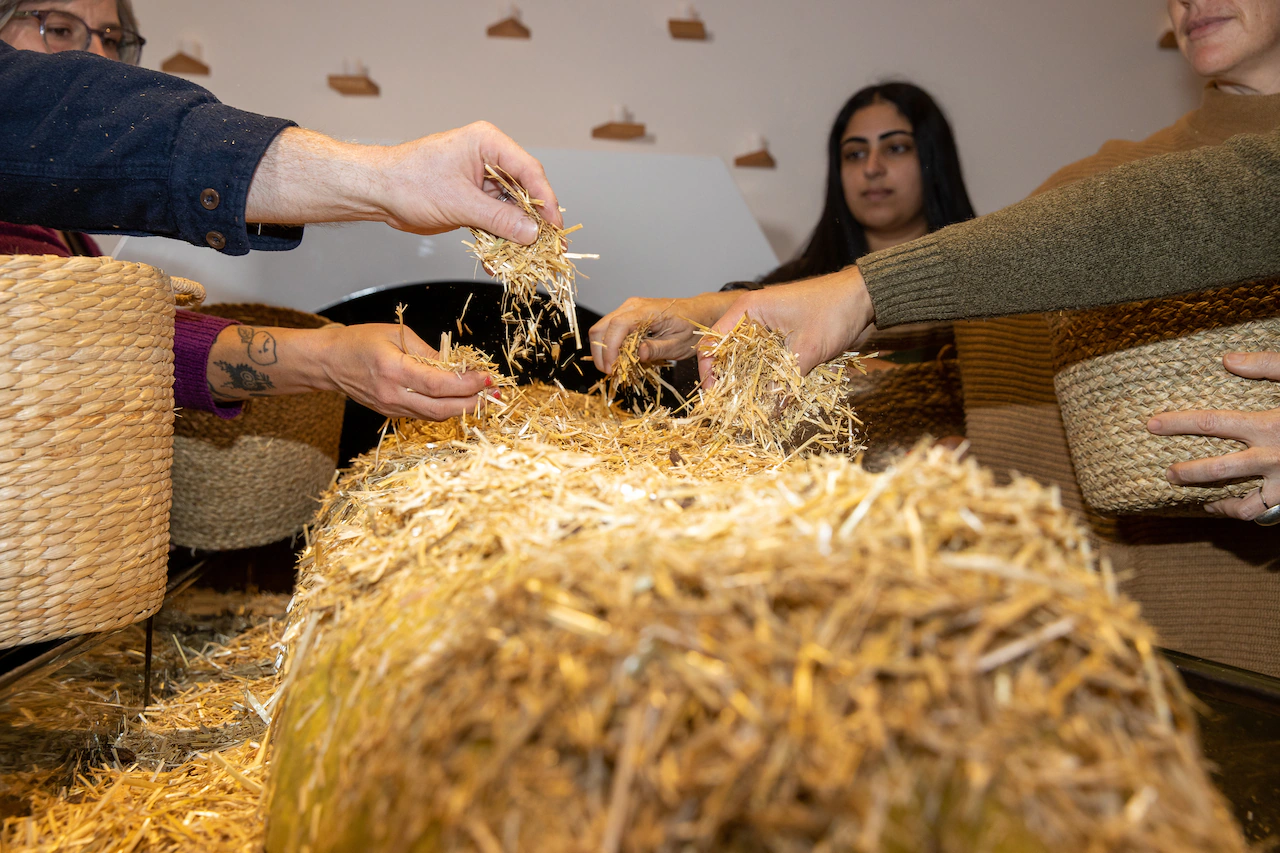
There’s a new organic compost on the market in New Jersey — human.
No, this is not a scene from “The Sopranos.”
Gov. Phil Murphy recently signed a bill making New Jersey the 14th state to legalize natural organic reduction, often referred to as human composting.
Right now, residents who wants to be composted must have their bodies flown out of state to a regulated facility. The new law paves the way for the creation of human composting facilities right here in New Jersey, operated under the supervision of a licensed funeral director.
However, it doesn’t go into effect for 10 months to give the funeral industry time to prepare for a new service option.
Although human composting is already legal in nearby states like New York, Delaware, and Maryland, none of those states have a licensed facility yet. It takes time to create regulations for a new industry and for funeral directors to incorporate a new service into their business models, industry experts have said.
Human composting transforms the human body into nutrient-rich soil in about six weeks. At the end of the process, loved ones can scatter the compost in places that are meaningful or use it to nourish houseplants, trees, or flower gardens.
The human composting bill received support from the New Jersey State Funeral Directors Association, which helped craft the legislation.
“Natural organic reduction as a process is still in its infancy as far as consumer education,” said Samantha Link, director of government affairs for the state funeral directors association, in a statement sent to NJ Advance Media on Tuesday. “Yet, what we have seen is a growing interest in green alternatives in funeral planning across age demographics. Now, consumers wishing to select to undergo the natural organic reduction process will no longer need to fly their loved one across the country, but the service can be provided right here at home.”
In contrast, the New Jersey Cemetery Association opposed the legislation in a letter sent to lawmakers, arguing that “it removes requirements in existing law that human decomposition take place on cemetery grounds.”
Under the law, human composting in New Jersey must be performed by a licensed funeral director. There’s no cemetery involvement at all. The New Jersey Cemetery Board is only responsible for maintaining a list of cemeteries that may receive remains of the deceased.
By comparison, burial, cremation, and entombment are all currently required by state law to take place on cemetery grounds.
The cemetery association said its opposition isn’t specific to human composting. The issue is that cemeteries aren’t more involved.
“Allowing for a new form of human decomposition to be performed outside of a cemetery is upending current law in a major way, and as more and more cemeteries struggle to stay afloat financially – this is the last thing the state should be doing right now,” the cemetery association wrote to lawmakers.



